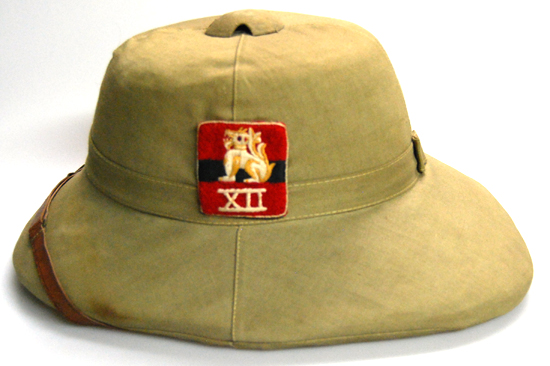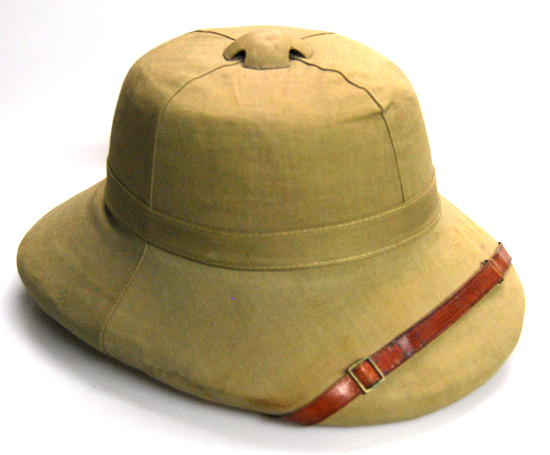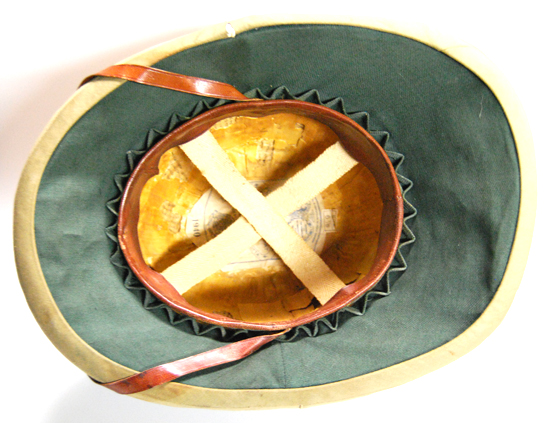 The Twelfth (XII) Army actually existed twice during the Second World War – although the first time it was created as a fictional formation as a Cairo-based deception department. Created by Dudley Clarke as part of the deception plan for Operation Husky, the Allied invasion of Sicily in July 1943, it was intended to have the Germans believe that the Twelfth Army was going to land in Greece and then advance into the Balkans.
The Twelfth (XII) Army actually existed twice during the Second World War – although the first time it was created as a fictional formation as a Cairo-based deception department. Created by Dudley Clarke as part of the deception plan for Operation Husky, the Allied invasion of Sicily in July 1943, it was intended to have the Germans believe that the Twelfth Army was going to land in Greece and then advance into the Balkans.
The army’s formation insignia was a trained seal balancing on its nose a terrestrial globe, which is obviously quite different from the above example. This is because in May of 1945 the phantom Twelfth Army was disbanded and a second Twelfth Army was created to take control of operations in Burma from the Fourteenth Army.
The army HQ was created by re-designating the HQ of the Indian XXXIII Corps, under Lieutenant-General Sir Montagu Stopford. It took over one of Fourteenth Army’s main combat formations, IV Corps which was temporarily commanded by Lieutenant General Francis Tuker, with 5th, 17th and 19th Indian Divisions and 255th Indian Tank Brigade under its command. Twelfth Army assumed direct command of 7th and 20th Indian Divisions, together with 22nd East African Brigade. Static formations under its control included 505 District and South Burma District.
The Twelfth Army engaged the Japanese forces in Burma in the closing months of the Second World War.
In November it was re-designated Burma Command. The formation insignia was a Chinthe on a red background, with a superimposed horizontal black stripe on which was written “XII” in white letters. Due to the fact that the Twelfth Army only existed for a short period its formation insignia is considered one of the rarer ones to collectors today.
The above example helmet is a khaki sola pith helmet, dated 1940.



Peter I sold this helmet along with all the others that Hugh Brock had at the SOS. This was my favorite helmet in my collection. The collection dated back to 1976. Is this one going in your collection or will it be for re-sale?
Thanks.
Ronnie Darby